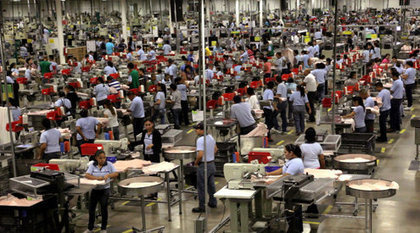Walk on the streets and you´ll be exposed to its informal economy: people who do what they can to eke out a living including washing windshields, selling food, or even singing, dancing, and performing acrobatics for a tip.
What Americans may not know is that Mexico City is home to the wealthiest people, the poshest neighborhoods, the most exclusive shops, entertainment venues, and cultural centers on the planet.
Via Courtney Barrowman, Mike Busarello's Digital Storybooks



 Your new post is loading...
Your new post is loading...











Contrasts found in large cities